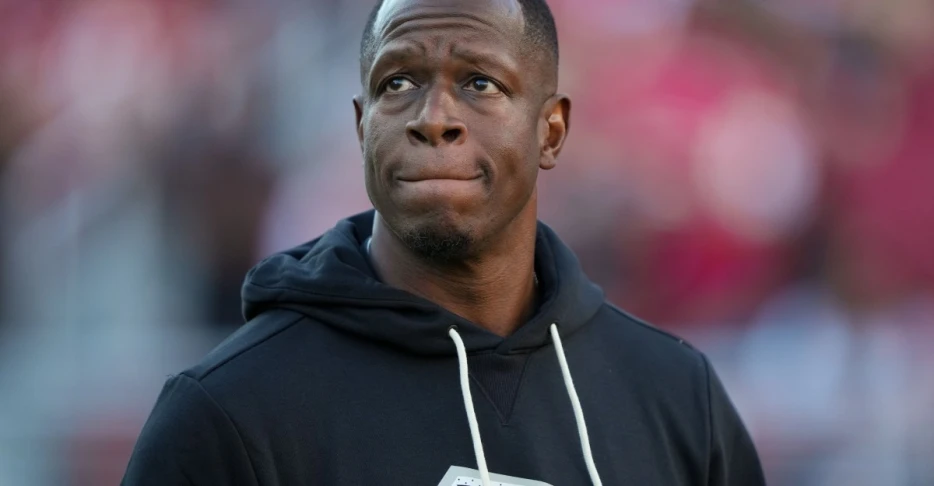
 The Falcoholic
The Falcoholic
Six games are usually a solid barometer for gauging trends for an NFL team. There is one glaring one when watching the Falcons this season. When they start strong and have control of the game, they earn their victory definitively. That has come against three previous playoff teams last season in beating Minnesota, Washington, and Buffalo.
When they come out flat and struggle to find a rhythm offensively, they lose in discouraging fashion. That has materialized in ugly games against Carolina and San Francisco. The defeat to Tampa Bay was the lone competitive matchup where they were the better team, but failed to make enough plays in pivotal moments.
Starting fast is a great recipe for success. It inspires more confidence around the team. The optimism grows across the team to be more aggressive and proactive. As much as coaching staffs preach that message, it’s not reasonable to do that every week. The best teams will endure slow starts. They can suffer a few three-and-outs or fail to score in the red zone offensively. A few unfortunate penalties or coverage breakdowns can transpire defensively. Using those mistakes as teachable moments to overcome the adversity in falling behind is what the top teams do.
The Falcons haven’t responded well when things aren’t clicking from the first drive. As the down and distance gets longer and the ground game can’t be relied upon, Michael Penix Jr. starts committing traditional young quarterback mistakes. Opponents will use the lead they gain and run the ball efficiently in between the tackles against an undersized front. That allows them to dominate possession by controlling the pace of the game. The formula is out on how the Falcons win and lose games. There are three major issues that must be addressed.
When Bijan Robinson doesn’t produce 125+ total yards, the Falcons have lost every game this season. It’s understandable why they have become increasingly more reliant on him. A sensational, multi-dimensional playmaker must be utilized consistently. How they have incorporated him in the passing game the last two weeks does raise concerns, even so.
According to Pro Football Focus, he has lined up in the slot or out wide 35 times over the past two games. While this is designed to create mismatches, it hasn’t opened up many big-play opportunities or high-percentage throws for Penix Jr.
The passing game isn’t stretching the field and attacking in between the numbers enough. That has put more pressure on Penix Jr. to throw the ball outside the numbers frequently when pushing the ball downfield. As good as Drake London and Kyle Pitts can be at making contested catches, it’s not what efficient offenses want to rely on. They must find alternatives to push the ball downfield, yet the Falcons don’t have it. It’s similar to how if they can’t impose their will running wide outside zone on the ground, they struggle to find answers. The offense becomes so constrained when Robinson isn’t breaking loose into the open...